Dave Struch was still under contract as associate coach of the Western Hockey League’s Everett Silvertips when Athol Murray College of Notre Dame reached out to him in January with a simple proposal: come be a Hound.
The Saskatchewan boarding school, which boasts one of the most successful hockey development programs in the country, needed a new Director of Hockey and they weren't afraid to swing big. And with 17 years of coaching experience in the WHL, two trips to the Memorial Cup, five seasons as assistant GM for the Pats and six events coaching Hockey Canada teams on the international stage, Struch would be a “big get” for the college.
One problem. Struch wasn't interested.
“It wasn’t because of anything about Notre Dame,” says Struch. “I had another year in my contract and I was looking to try to become a head coach [again] in the Western Hockey League or pro hockey.”
Undeterred, Notre Dame called again four weeks later. This time, although his current situation still hadn’t changed, Struch says he began to put some thought into the request and started asking people around the hockey world about the opportunity. Struch’s interest was sparked.
After visiting the school for himself, Struch says that the hockey program needed to evolve into what he calls the “new hockey world” if it was going to stay competitive with the hockey-specific academies that prioritize the on-ice product, along with the ultimate goal of getting their students to the NHL (however slim those chances may be). Whereas colleges — not academies — like Notre Dame, prioritize academics alongside their athletic programs, and usually offer a wider variety of classes with higher collegiate expectations.
Intrigued by the challenge, Struch began creating a hockey program that balanced elite academics with elite hockey development.
“I developed what I thought was a beneficial academic philosophy from the hockey side, along with a hockey philosophy. My thoughts on it were not as a hockey person, but as a hockey dad and father. I looked at it and I thought what type of program would I want my three kids to go to both academically and athletically.”
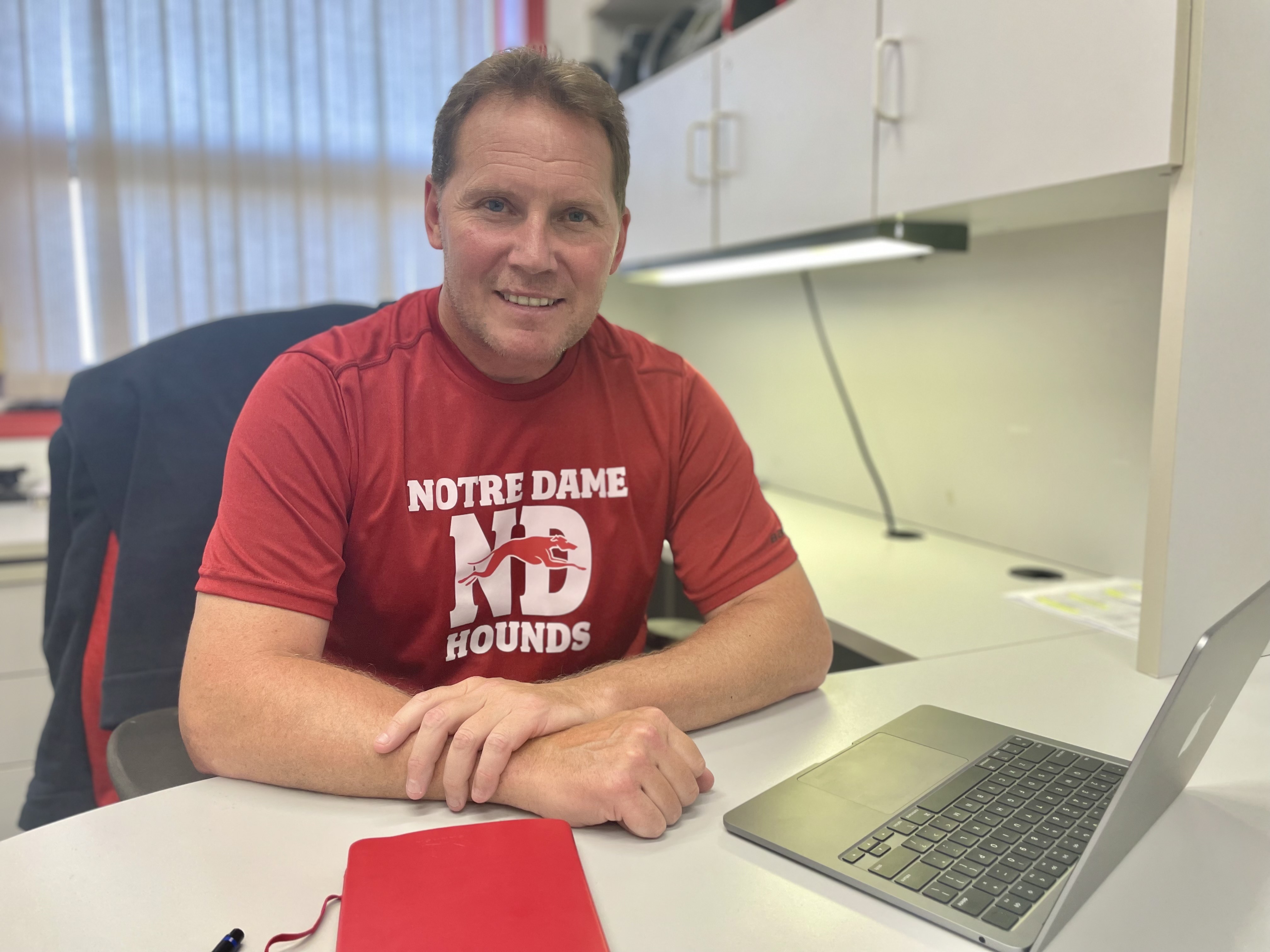
On July 1st, Notre Dame’s new Director of Hockey, Struch, began commuting every morning from his home in Regina to Wilcox, Saskatchewan — with a steaming cup of Timmies in hand.
“That’s because I can’t afford Starbucks,” Struch jokes.
Although this is obviously said tongue-in-cheek, it signals the humble approach that Struch brings to his role at the school.
“I bet you, I learn more from the student-athletes than I've ever learned,” says Struch. “And I want to get better too. I want to be able to collaborate with people on and off the ice and learn about new ideas.”
While he remains humble, students and parents alike can start to get excited about the direction that Notre Dame’s hockey development program will take this upcoming season. With an already elite training facility that boasts a full-size Olympic ice surface, a state-of-the-art off-ice skills training centre and a high-performance training facility with strength and conditioning coaches and athletic therapists, Struch emphasizes the importance of bringing in “good people” to fill out the program's leadership group.
“We want to have the right leadership and we want to have the right teachers. We're going to work as one team — a leadership team — because we do have 300 student-athletes here that we're looking out for, guiding, teaching and helping develop into those good, kind people that have drive, energy and passion, who are wanting to grow as people.”
Struch’s approach hinges on philosophies of integrity, such as the simple concept of “What we do every day and how we do it matters.” That’s to say, good practice habits and success are built through an individual's pride in their routine. At Notre Dame, the day-to-day routine is the foundation on which a student athlete’s development is based.
“We wake up, make our beds, brush our teeth and go to breakfast. Everybody is on the same schedule,” says Struch. “The teams then go to the gym or they go to the skill centre or they go on the ice for practice. And then they move from that activity to the next. Whether it's the classroom, gym, skill centre, it's all within one or two minutes. You walk out of one door, you walk into the next. The effectiveness and efficiency of how our campus works is remarkable.
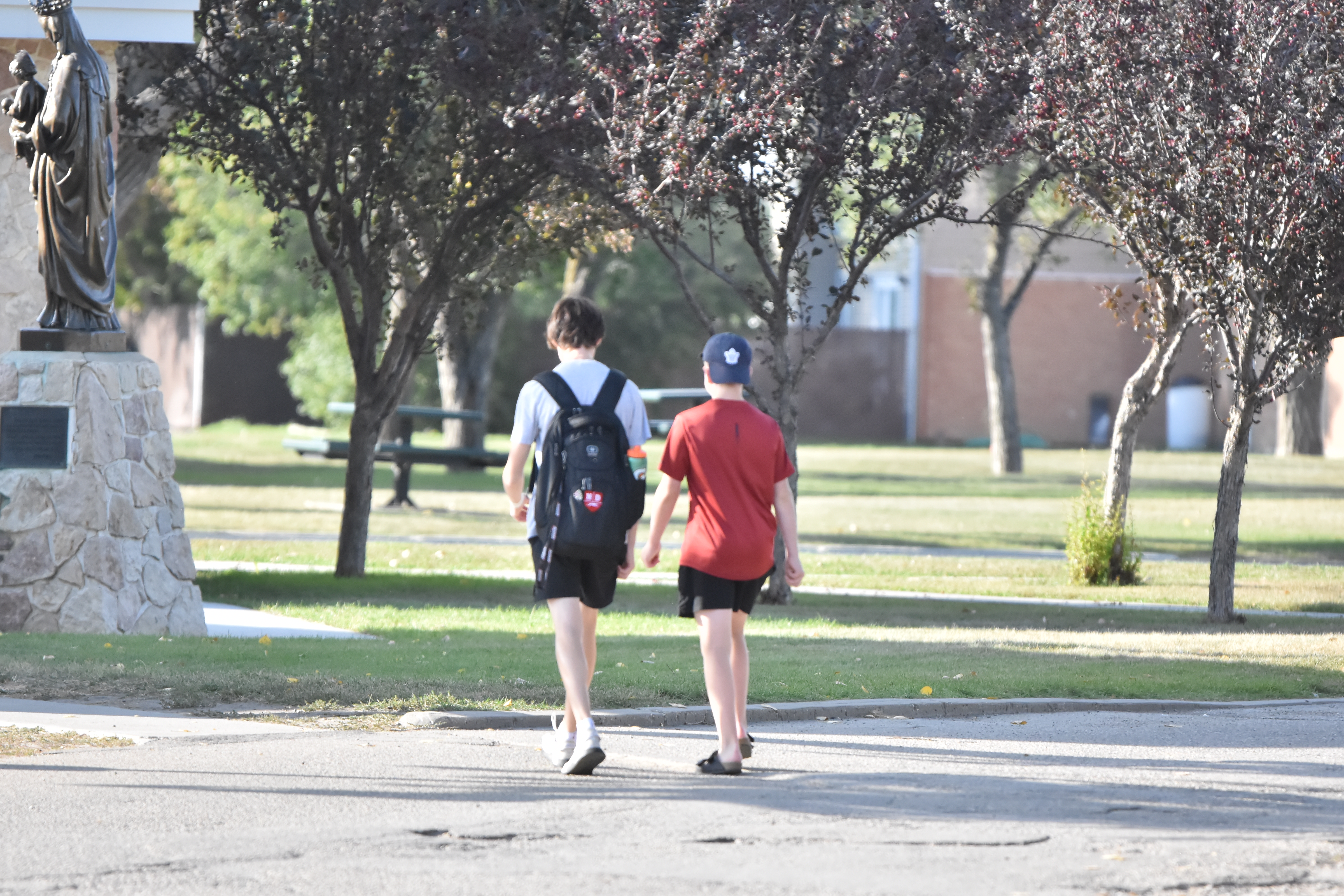
“We want to build something on respect, character, work ethic, professionalism and honesty. Because being honest with these young men and women — that communication — will help them through it, because they're going to make mistakes. And we want them to make mistakes and put them in positions to fail. Because without failure you can't learn from it and have success.”
Struch, who was fired twice as a coach in the WHL, learned this adage firsthand. After being let go as the head coach of the Saskatoon Blades, he landed an opportunity to work for the Pats as an associate coach under well-renowned WHL coach, John Paddock.
“If you talk about opportunities and failures, I don't think they're failures. They’re development moments and opportunities to move on and spread your wings and get better somewhere else. So, I've been very fortunate.
“I was in Saskatoon for eight years, and I was in Regina for eight years. So I looked at that as a positive. What happened in those eight years? In both places, for sure, I made mistakes but I developed as a person and as a coach."
Struch’s next challenge will not only be running Notre Dame’s hockey program as a whole but also coaching the Hounds male U15 Prep team which competes in the Canadian Sports School League. Struch likes to think that his coaching style is “a little bit of old school mixed in with the evolution of the modern game.”
“In understanding the young athletes of today, there's so much social media and access to the outside world that influences these young men and women that we as leaders have to actually learn about too,” says Struch, who also admits that balancing those external influences with positive leadership can be a juggling act.
“But you have to create a relationship first and foremost, because if you can't create a relationship with your individual students or athletes, it's going to be hard for them to trust you or have a willingness to take that teaching.
“But for me, I've asked a lot of my players in the past about how I can relate to them. They're the future leaders of their generation. So what do I need to do to help the next generation? What can I do better? Creating that relationship helps me with this younger group.”
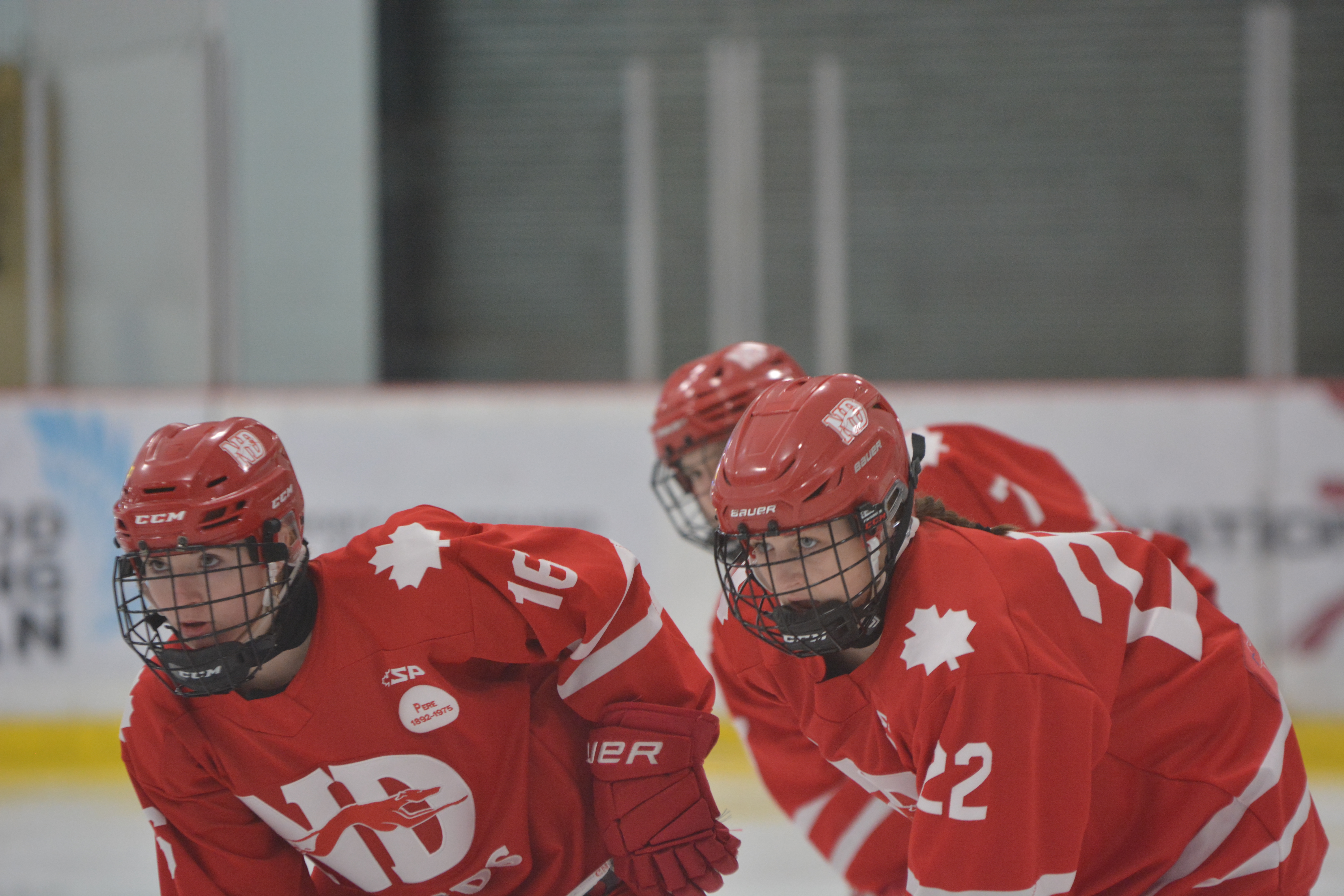
Athol Murray College of Notre Dame’s list of NHL alumni currently playing or coaching in the NHL is impressive. The list includes names such as Jaden Schwartz, Morgan Rielly, Jordan Eberle, Sean Couturier, Tyler Myers, Haydn Fleury, Barry Trotz, Jon Cooper, Rod Brind'Amour and Brayden McNabb, 2023 Stanley Cup champion with the Vegas Golden Knights.
But while the next generation of Hounds hockey players will no doubt benefit from Struch’s years of experience and sharp hockey mind, Struch, most importantly, wants students to graduate from Notre Dame as “elite people.”
For more information on how to become a Hound visit www.notredame.ca.


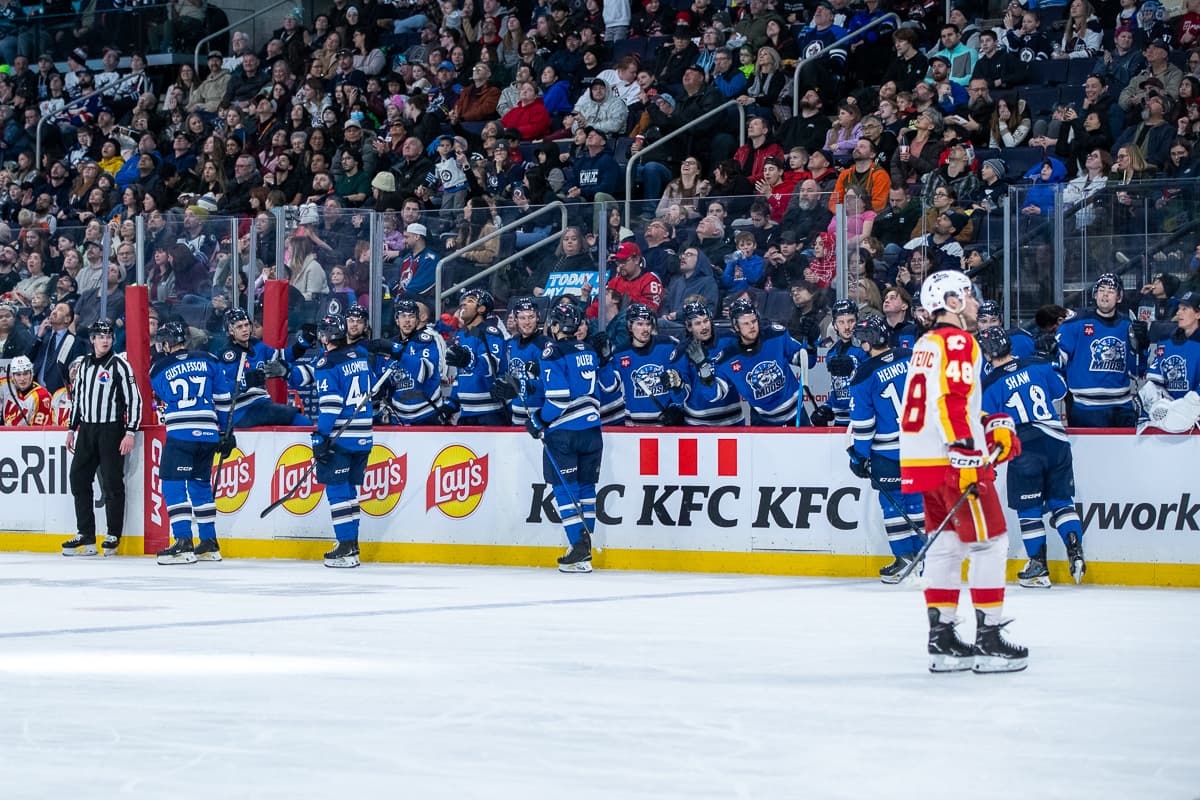






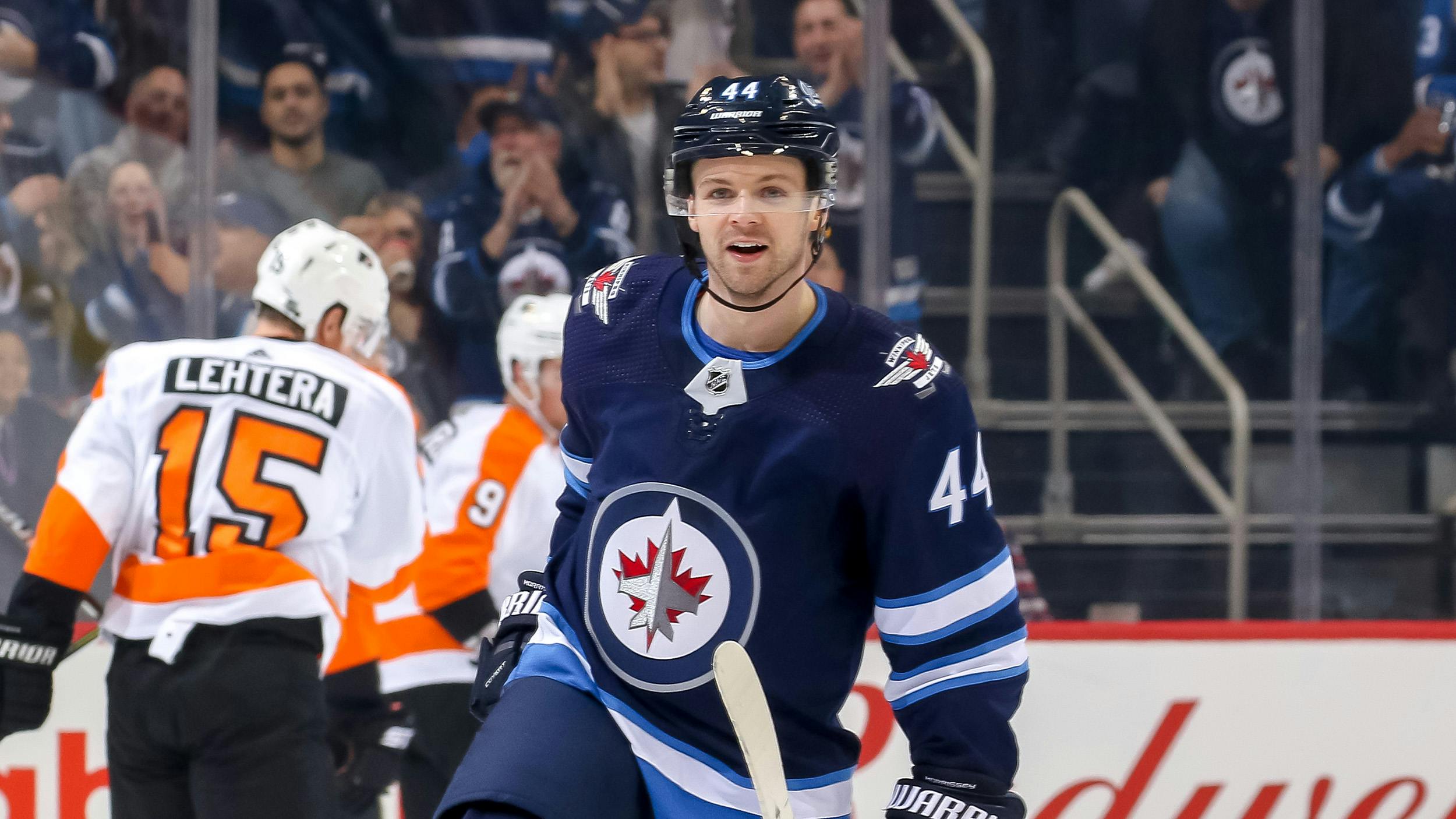


Comments